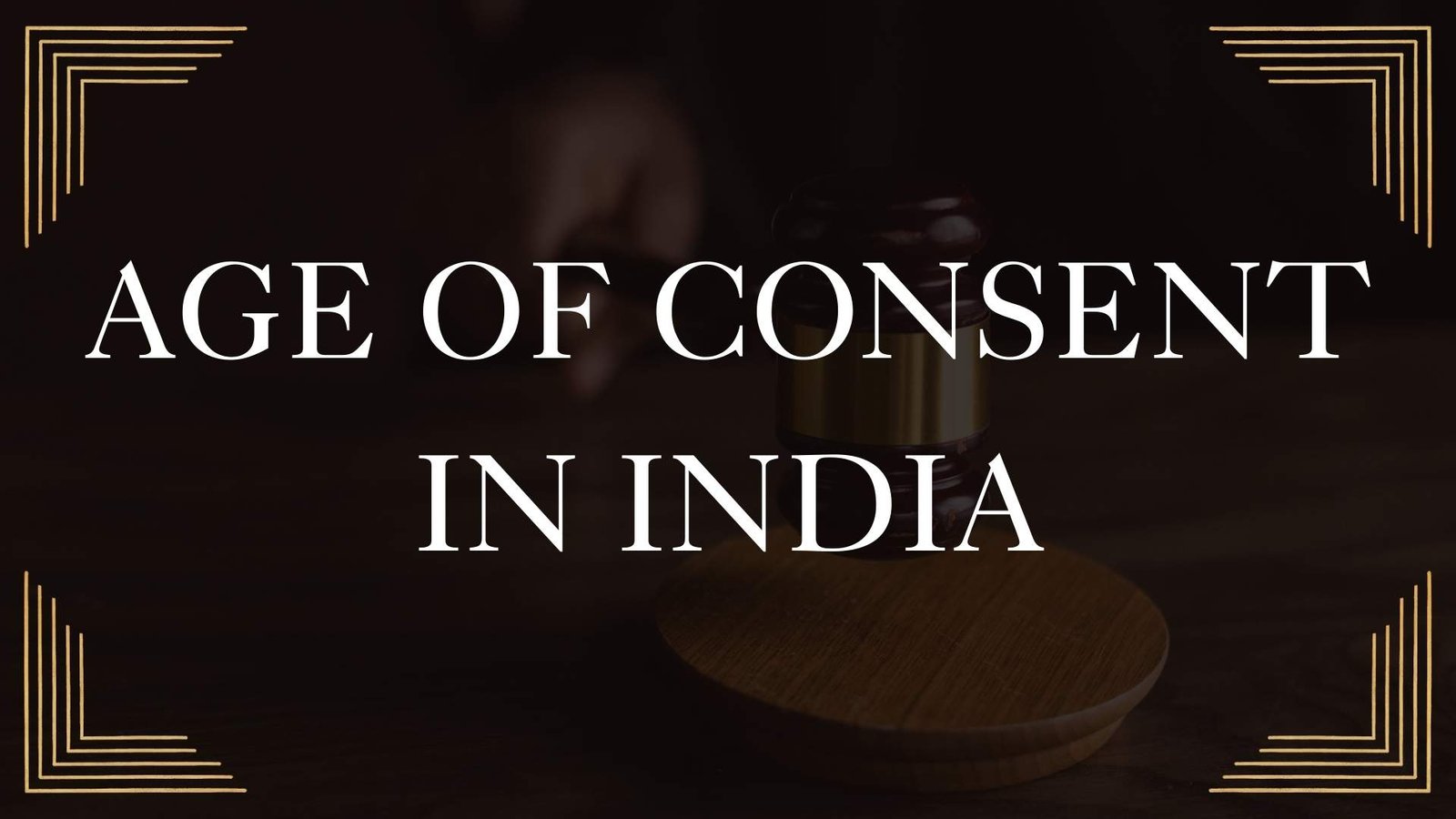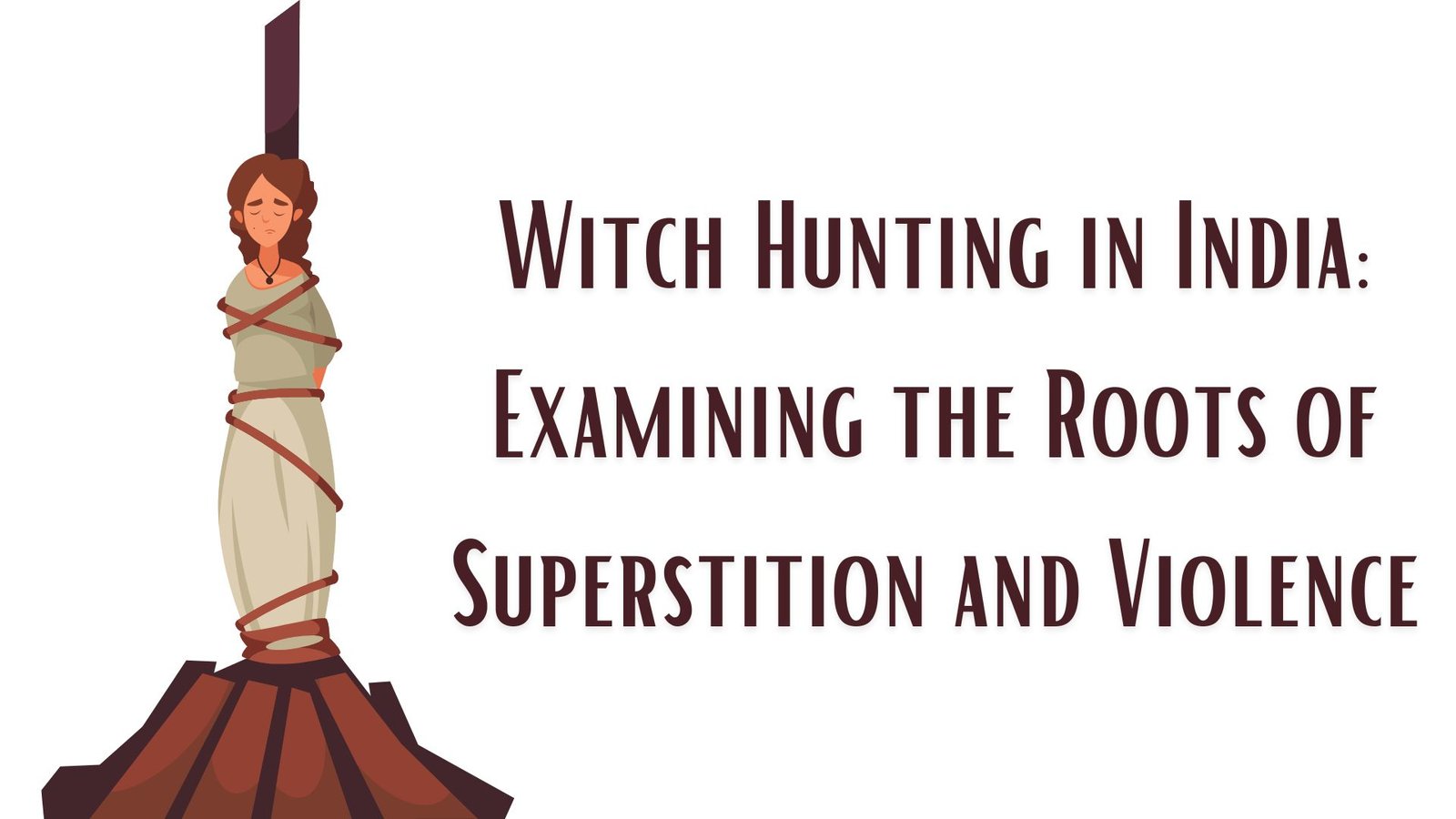On this page you will read detailed information about Age of Consent in India.
As you come of age in India, understanding the legal landscape around consent can empower you to make informed choices. This article delves into India’s complex age of consent laws, unpacking their historical context and modern implications. Examining issues from child marriage to the age of sexual consent, we aim to provide clarity around laws that deeply impact youth. Ultimately, knowledge breeds agency. We hope this piece allows you to navigate questions of consent and autonomy as you chart your course into adulthood.
What Is the Age of Consent in India?
In India, the age of consent refers to the age at which a person is considered legally competent to consent to sexual activity. According to the Indian Penal Code, the age of consent in India is 18 years old. This means any sexual activity with a person under the age of 18, regardless of gender or marital status, is illegal.
The law aims to protect minors from sexual abuse and exploitation. However, there are certain exceptions:
- Minors between the ages of 16 to 18 can consent to sexual activity with someone who is not more than 5 years older than them.
- If a minor is married, the age of consent is 15 years old according to the Indian Penal Code. Activists have argued this provision should be amended as it legalizes child marriage.
The age of consent laws in India have evolved over time. Before 2012, the age of consent was 16 years old. It was raised to 18 years in 2012 after the Protection of Children from Sexual Offences (POCSO) Act was passed to provide broader protection to children from sexual assault, sexual harassment and pornography.
The POCSO Act aims to safeguard the interests and well-being of children. It ensures stringent punishment for those found guilty of child sexual abuse. The Act defines different forms of sexual abuse, including penetrative and non-penetrative assault as well as harassment and pornography. It deems a person below the age of 18 as a child, and irrespective of whether the child consents or not, any sexual activity is considered as an offense.
India’s age of consent laws aim to strike a balance between protecting children and respecting their personal autonomy in sexual relationships. However, more needs to be done to enforce these laws and raise awareness about child sexual abuse in India. Protecting children and their rights should be a top priority.
In summary, according to Indian laws, any sexual activity with a person below the age of 18 is illegal. The POCSO Act provides protection for minors against sexual offenses and ensures strict punishment for perpetrators of such crimes.
In the previous post, we had shared information about Witch Hunting in India: Examining the Roots of Superstition and Violence, so read that post also.
History of India’s Age of Consent Laws
India’s age of consent laws have evolved over time. Historically, the age of consent was very low, but has increased substantially. According to scholars, in 1860 the age of consent was just 10 years old. This was increased to 12 years old in 1891.
In the 1920s, reformists lobbied to increase the age of consent to 15. However, British authorities argued that Indian social standards were different and the age should remain lower. In 1929, the Child Marriage Restraint Act set 16 as the minimum age of marriage for girls and 18 for boys. However, this law did not explicitly prohibit child marriages nor did it establish an age of sexual consent.
After independence in 1947, the Indian government passed the Prevention of Child Marriage Act which made child marriage illegal but still did not establish a uniform age of consent. Different laws had varying ages of consent ranging from 14 to 18. There were efforts in the 1970s to standardize the age of consent to 16, but some argued this was still too low.
In 2012, the Protection of Children from Sexual Offences (POCSO) Act was passed which established 18 as the age of consent for all of India. This was an important step in protecting minors and bringing India’s laws in line with international standards. However, some critics argue that 18 is still too low and that laws need to be more strictly enforced, especially in rural areas where child marriage is most common.
Overall, India’s age of consent laws have gradually increased over time due to activism and a growing recognition of children’s rights and protection. While progress has been made, more work is still needed to enforce existing laws and further increase protection of minors across India. The history of consent law reform in India provides an important example of how social attitudes and moral standards can evolve over time.
Current Legal Age of Consent for Different Acts
The legal age of consent in India varies depending on the type of activity. Several laws have been passed to protect minors and prevent the exploitation of children. Familiarizing yourself with the specifics of each law is important to understand the legal landscape.
According to the Indian Penal Code, the age of consent for sexual intercourse is 18 years old. Any sexual activity with a minor below 18 years of age is considered statutory rape. The punishment for such an offense is a minimum of 7 years imprisonment.
The Protection of Children from Sexual Offences Act (POCSO) also prohibits any sexual activity with a minor below the age of 18. Offenses under POCSO are very serious and can lead to life imprisonment as punishment. POCSO aims to protect children from offenses of sexual assault, sexual harassment and pornography.
The Prohibition of Child Marriage Act sets the minimum age of marriage for males as 21 years and females as 18 years. However, minors who are 16 years of age can marry with parental consent. Marrying a minor below these ages is considered an illegal child marriage under this Act.
According to the Juvenile Justice (Care and Protection of Children) Act, the minimum age of employment for children in India is 14 years. No child below the age of 14 years can be employed, except as an artist in an audio-visual entertainment industry. Employing a child below 14 years of age is considered an offense under this Act.
In conclusion, minors under the age of 18 do not have the legal authority to consent to sexual activity or marriage in India. Families and organizations should exercise caution and verify ages before engaging in any activity with a minor to avoid facing legal consequences. By understanding the current legal age of consent for different acts in India, individuals and groups can work to protect children and support healthy development.
Exceptions to the Age of Consent Laws
Certain exceptions exist regarding India’s age of consent laws. The Indian Penal Code provides that if a man has sexual intercourse with a girl under the age of 16 years with her consent, it is not considered rape, as long as the man is married to the girl. However, it will still be considered an offense under the Protection of Children from Sexual Offences Act.
Additionally, if a woman’s husband is under the age of 18 but over the age of 16, any sexual activity between the couple is exempted from punishment. The law also makes an exception for any sexual act between a man and his own wife, if the wife is over 15 years of age, as long as the act does not amount to rape. The intent behind these exceptions was to protect marital relationships, even those involving underage spouses, which were more common at the time the laws were established.
Another exception relates to “proximity of age” between the two parties. If the age difference between the accused and the victim is no more than two years, and the sexual act was consensual, the offense may be exempt from punishment. Similarly, if a person has sexual intercourse with a child aged between 16 to 18 years with the child’s consent, and the person is no more than five years older, the act would not constitute rape. However, it could still qualify as an offense under the POCSO Act.
It is also not considered rape if a man has sexual intercourse with his own wife, who is over 15 years of age, as long as the wife consents. The law aims to protect the institution of marriage in such cases. However, if a husband has non-consensual intercourse with his wife aged below 15, it would amount to rape under the IPC.
These exceptions make the legal landscape surrounding age of consent in India quite complex with some contradictions. However, the overarching intent appears to be protecting minors and preventing child sexual abuse.
Arguments for and Against the Current Age Limits
India’s age of consent laws have been the subject of much debate. Some argue that the current limits of 18 years for women and 21 years for men are too low, while others believe they should be lowered further.
Those in favor of increasing the age of consent argue that 18- and 21-year-olds may still be mentally and emotionally immature, making them vulnerable to exploitation. Raising the age of consent to 21 for all genders could help prevent manipulation and abuse. However, others counter that individuals at 18 are legally adults and should have autonomy over their own bodies and relationships. Increasing the age of consent risks infantilizing young adults and restricting their sexual freedom.
On the other hand, some advocate for lowering the age of consent to 16, as is the case in many Western nations. They argue that with sexual education and open communication, 16- and 17-year-olds can engage in consensual relationships. However, others warn that minors of this age may be prone to coercion and risky behavior due to lack of maturity and life experiences. Lowering the age of consent could also promote the sexualization of minors.
There are valid points on both sides of this complex issue. Ultimately, India must consider the psychological and social maturity of its youth, cultural norms regarding sexuality and relationships, and how to best protect minors from abuse. The solution that balances personal freedoms and societal responsibilities may lie somewhere in the middle. Overall, open and thoughtful discussion on this issue can help shape consent laws that reflect the values of India’s diverse population.
Changes to Age of Consent Laws Over Time
India’s age of consent laws have evolved considerably over the years. During British rule, the Indian Penal Code of 1860 set the age of consent at 10 years old. This was raised to 12 in 1891, likely due to social reform movements highlighting the need to protect children.
Major changes came after India gained independence in 1947. The Indian government amended the law in 2012 to increase the age of consent to 16 for girls, aiming to reduce child marriages and better protect minors. However, it still allowed for marriage at a younger age, and failed to raise the age of consent for boys.
Further amendments came into force in 2013. The Criminal Law Amendment Act, also known as the Nirbhaya Act, raised the age of consent to 18 for all genders and made any sexual activity with a minor punishable by law. It also broadened the definition of rape and imposed harsher penalties for sexual offenses. The changes were sparked by public outcry over violent crimes against women.
While India’s age of consent is now 18, child marriage is still prevalent in some areas. The Prohibition of Child Marriage Act of 2006 made the legal age of marriage 18 for girls and 21 for boys, but enforcement remains a challenge. Some argue the law should be amended to make 18 the minimum age for marriage for all, in order to strengthen protection of minors.
India has made significant progress, but further work is still needed. Raising awareness about consent and children’s rights, improving sex education, and increasing enforcement of existing laws can help shift social attitudes and make minors less vulnerable to abuse and exploitation. The age of consent is an evolving issue, and India’s legal landscape may well continue to change in the coming decades to better reflect international norms and ensure the safety of youth.
Legal Implications of Violating Age of Consent
In India, violating the age of consent can result in legal prosecution under the Protection of Children from Sexual Offences (POCSO) Act, 2012. If an individual engages in any sexual activity with a minor below the age of 18, it is considered statutory rape and can be punished under this law.
The penalties for violating age of consent in India include:
- Imprisonment of up to life, depending on the severity of the offence. For penetrative sexual assault, the minimum punishment is 10 years which may extend to imprisonment for life, and fine.
- Fine of an amount which shall not be less than Rs.50,000/-. The fine amount is at the discretion of the Special Court.
- Compensation to the victim of an amount which shall not be less than Rs.50,000/-. The compensation amount is decided by the Special Court based on factors like loss of educational opportunity as a consequence of the offence, disability, disease or pregnancy suffered by the victim as a result of the offence, loss of employment as a result of the offence, and expenses incurred on account of legal and medical assistance.
To determine if an act qualifies as statutory rape, the courts consider whether the perpetrator had knowledge or reason to believe that the victim was underage. Consent of the minor is irrelevant, as minors are deemed incapable of giving consent under the law.
The POCSO Act aims to protect children’s safety, dignity and well-being. By prosecuting those who violate age of consent, it helps prevent the sexual abuse and exploitation of children in India. Familiarizing yourself with the legal provisions in the Act and exercising caution to avoid any sexual activity with a minor is prudent.
Overall, violating the age of consent in India can result in stern legal consequences, including imprisonment, fines and compensation to the victim. Given the severity of punishments, it is advisable for individuals to be well aware of the legal implications to avoid facing prosecution under the POCSO Act.
Public Discourse on Reforming India’s Age of Consent
In recent years, there have been ongoing debates around increasing India’s age of consent from 16 to 18 years old. Reforming the age of consent law is a complex issue with valid arguments on both sides.
On the one hand, raising the age of consent to 18 would bring India’s laws in line with international standards and better protect minors. The UN Convention on the Rights of the Child defines a child as any person under the age of 18. An age of consent of 18 acknowledges that those under 18 are still developing physically, mentally and emotionally. It aims to shield them from exploitation and abuse.
However, others argue that an age of consent of 16, as is currently the law in India, recognizes the reality that some teens under 18 are sexually active with their consent. An age of consent of 18 could potentially criminalize sexual activity between consenting 16- and 17-year-olds. There are also concerns that raising the age of consent may lead to false cases of rape being filed against consenting partners.
Some have suggested a “close-in-age” exemption, also known as a “Romeo and Juliet law,” as a compromise. This would decriminalize consensual sex between two individuals who are close in age, even if one or both parties are under the age of consent. Such laws aim to avoid prosecuting teens for engaging in consensual activity with partners a similar age.
Overall, there are good faith arguments on multiple sides of this issue. Reforming India’s age of consent is a complex debate with moral, social and legal dimensions. Any changes to the law must be made carefully by balancing the rights and protections of minors with considerations of consent, sexual autonomy and avoiding overcriminalization. The issue deserves an open and thoughtful public discourse as India continues to establish laws and social norms that empower women and protect the vulnerable.
FAQs on India Age of Consent Laws
Many people have questions regarding India’s age of consent laws. Here are some of the frequently asked questions:
According to India’s age of consent laws, the legal age of consent in India is 18 years of age. This means any sexual activity with a person under the age of 18 can be prosecuted as statutory rape.
No, the age of consent is the same for all genders in India. It is illegal to engage in any sexual activity with a person under the age of 18, regardless of gender.
There are no exceptions to India’s statutory rape laws based on age of consent. Any sexual activity with a minor under 18 years of age is illegal. However, if the age difference between the accused and the minor is small, the severity of punishment may be less. The final decision is made by the court based on circumstances.
Penalties for statutory rape in India can be severe. They include:
I) Imprisonment for up to 10 years
II) Fines
III) Public shaming
If the minor is under 16 years of age, the punishment is more severe and may result in life imprisonment. Repeat offenders also face harsher penalties.
Age of consent laws in India are enforced through:
I) Police investigations based on complaints
II) Mandatory reporting by institutions like schools, hospitals, etc.
III) Sting operations
Police regularly conduct undercover operations to catch perpetrators of child sexual abuse and statutory rape. They also work with various child rights organizations and NGOs to spread awareness about age of consent laws.
Conclusion
As we have explored, India’s age of consent laws aim to balance protecting minors while respecting personal freedoms. However, the complex legal landscape leads to confusion and uneven enforcement. Looking ahead, further public discussion and legal review could help clarify these laws. Most importantly, continued advocacy and education are essential to empower youth, uphold rights, and achieve positive social change. Through open dialogue and thoughtful reforms, India can ensure its legal system serves all citizens. Ultimately, the goal must remain advancing both justice and understanding around this critical issue.
Disclaimer
The information and services on this website are not intended to and shall not be used as legal advice. You should consult a Legal Professional for any legal or solicited advice. While we have good faith and our own independent research to every information listed on the website and do our best to ensure that the data provided is accurate. However, we do not guarantee the information provided is accurate and make no representation or warranty of any kind, express or implied, regarding the accuracy, adequacy, validity, reliability, availability, or completeness of any information on the Site. UNDER NO CIRCUMSTANCES SHALL WE HAVE ANY LIABILITY TO YOU FOR ANY LOSS OR DAMAGE OF ANY KIND INCURRED AS A RESULT OR RELIANCE ON ANY INFORMATION PROVIDED ON THE SITE. YOUR USE OF THE SITE AND YOUR RELIANCE ON ANY INFORMATION ON THE SITE IS SOLELY AT YOUR OWN RISK. Comments on this website are the sole responsibility of their writers so the accuracy, completeness, veracity, honesty, factuality and politeness of comments are not guaranteed.
So friends, today we talked about Age of Consent in India, hope you liked our post.
If you liked the information about Age of Consent in India, then definitely share this article with your friends.
Knowing about laws can make you feel super smart ! If you find value in the content you may consider joining our not for profit Legal Community ! You can ask unlimited questions on WhatsApp and get answers. You can DM or send your name & number to 8208309918 on WhatsApp











